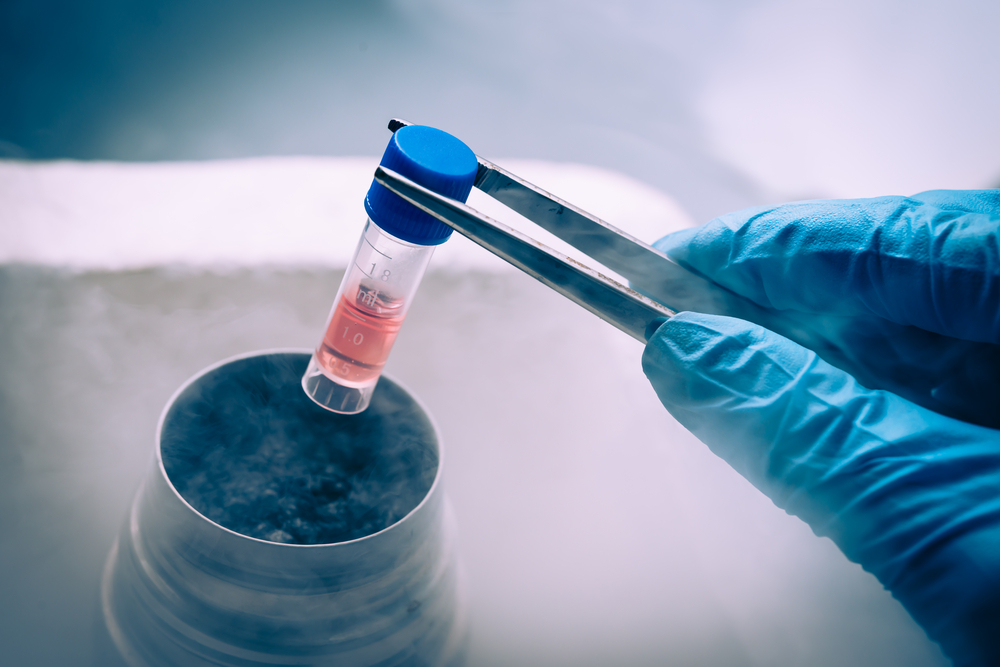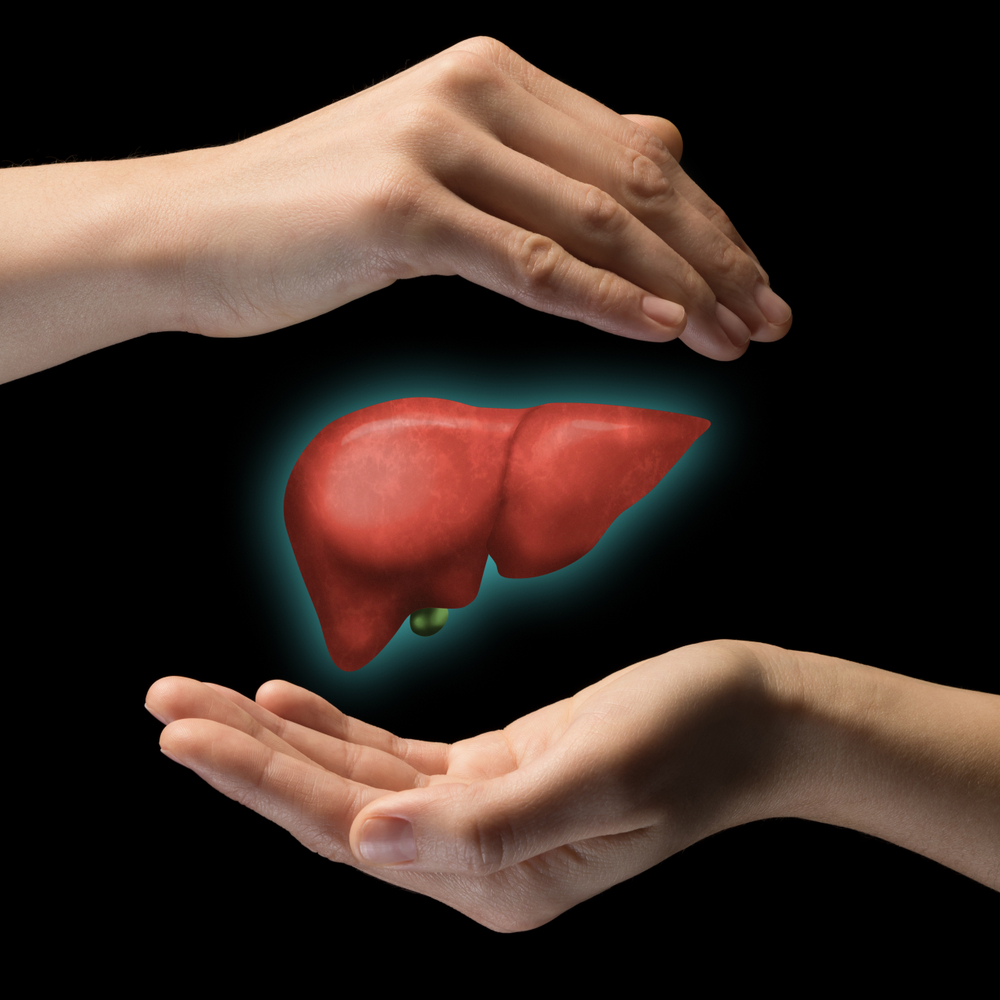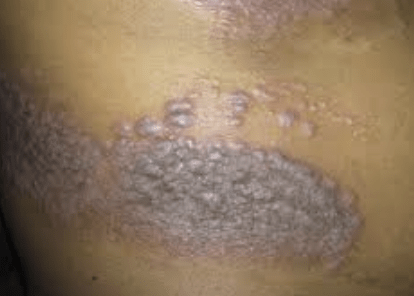Researchers from the Medical University of Bialystok in Bialystok, Poland, sought to uncover any associations between psoriasis and neurodegenerative diseases (NDs). After evaluating a cohort of 60 patients with plaque-type psoriasis, the authors concluded that fatty acid-binding protein 7 (FABP-7) and neurofilament light chain (NFL) may be predictive factors for ND development.
The article, published in the Journal of Clinical Medicine, additionally proposed that glutamic acid (GA) may be associated with neuroinflammation. Investigators used ELISA to assess serum concentrations of FABP-7, GA, and NFL in their cohort before and after 12 weeks of treatment with acitretin or methotrexate.
Reportedly, prior to treatment, the concentration of FABP-7 and NFL was considerably higher compared with controls. After treatment, the concentrations decreased, but FABP-7 did so inconsequentially. Levels of GA did not differ between study patients and controls, but the authors reported a negative correlation with C-reactive protein levels (P<.05). Interestingly, the duration of psoriasis did not seem to increase the risk of neurodegeneration and the severity for only those with worse skin condition.
Overall, the authors considered their findings meaningful in the exploration of the relationship between psoriasis and NDs. However, they acknowledged that further research is needed to confirm their conclusions.
Reference: Nowowiejska J, Baran A, Hermanowicz JM, Sieklucka B, Krahel JA, Kiluk P, et al. Fatty acid-binding protein 7 (FABP-7), glutamic acid and neurofilament light chain (NFL) as potential markers of neurodegenerative disorders in psoriatic patients-a pilot study. J Clin Med. 2022;11(9):2430. doi:10.3390/jcm11092430









